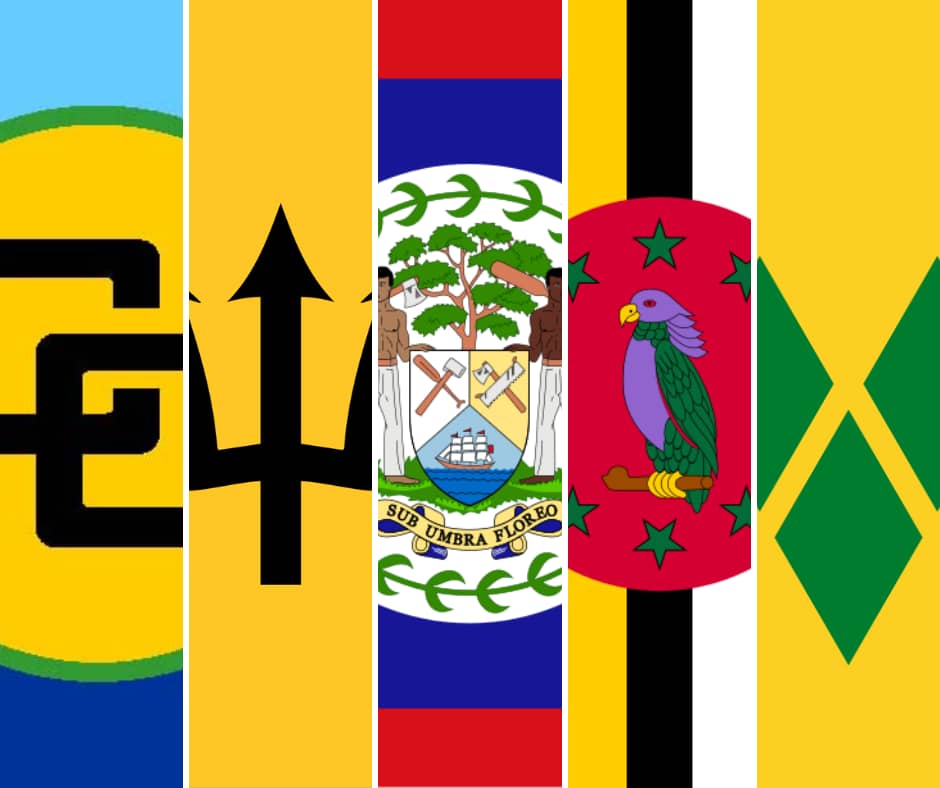On October 1, 2025, the Caribbean integration project achieved a monumental milestone as Barbados, Belize, Dominica, and St Vincent and the Grenadines implemented full free movement for their nationals. This groundbreaking initiative allows citizens of these nations to live, work, study, and reside indefinitely in each other’s countries without the need for work or residence permits. The move, rooted in the Enhanced Cooperation in Free Movement framework, was formalized during the 49th Regular Meeting of CARICOM Heads of Government in Montego Bay earlier this year. It represents a historic shift in policy, transforming a long-standing aspiration into tangible reality. The initiative underscores the Caribbean’s commitment to regional unity and economic integration, echoing the vision of the Revised Treaty of Chaguaramas (RTC). While the implementation requires amendments to domestic legislation, it marks a significant leap toward a more unified Caribbean Community (CARICOM). The decision also reflects lessons from the Caribbean Court of Justice’s landmark Myrie case, which clarified the right to free movement and established safeguards against misuse. Prime Minister Mia Mottley of Barbados emphasized the practicalities of the new system, which simplifies cross-border mobility by requiring only a passport for registration. This initiative not only fosters economic opportunities but also strengthens social and cultural bonds across the region. However, its success hinges on diligent implementation, including investments in infrastructure, education, and healthcare, as well as measures to combat discrimination and xenophobia. As these pioneering nations navigate the challenges of implementation, their journey serves as a beacon of hope for broader regional integration, setting the stage for a shared Caribbean destiny.
